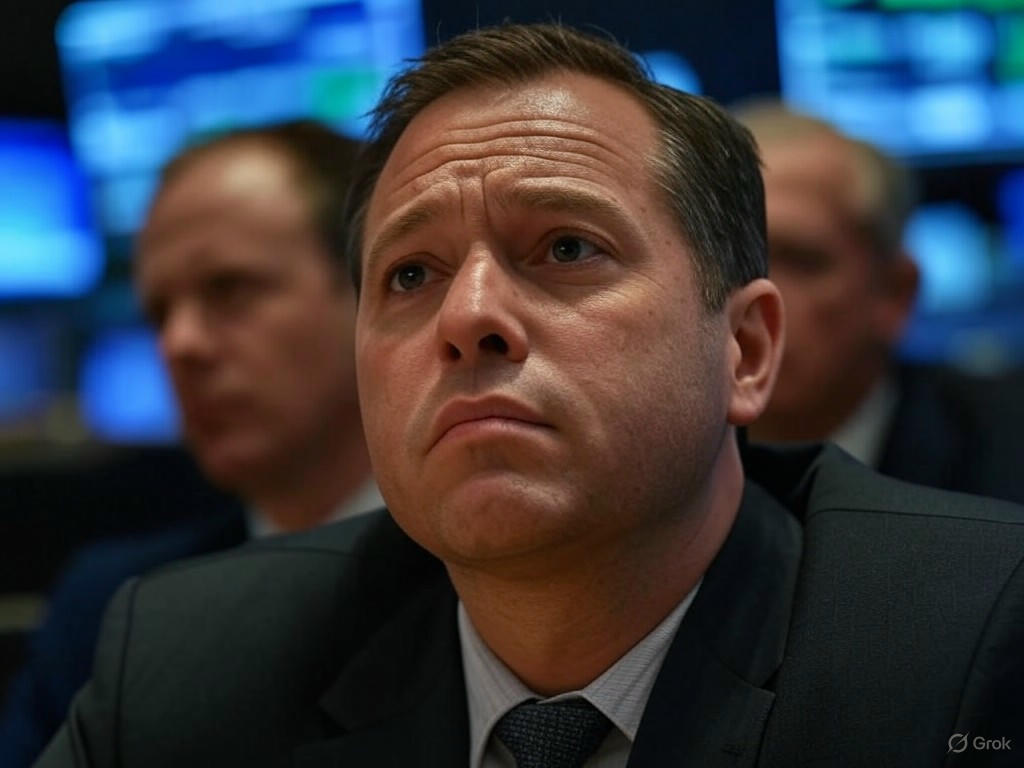Global Markets Reel as Oil Surges Amid Israel-Iran Tensions
The financial world is on edge as escalating tensions between Israel and Iran send shockwaves through global markets. Crude oil prices have soared by over 4 percent in a single trading session, driven by growing concerns that the United States might become directly involved in a potential military conflict. Investors fear that such a development could disrupt oil supplies from the Middle East, a region critical to global energy markets, leading to heightened volatility and uncertainty.
The sharp rise in oil prices comes as reports suggest that Israel is preparing for a significant offensive against Iran, with speculation mounting about U.S. support. The mere possibility of American intervention has rattled energy markets, as traders anticipate potential disruptions in key oil-producing areas. A prolonged conflict could choke supply chains, pushing prices even higher and placing additional strain on economies already grappling with inflation and geopolitical instability. Beyond energy, the ripple effects are evident in the broader financial landscape, with U.S. stock indices taking a notable hit. Major markets recorded declines as investors moved away from riskier assets, seeking safety in bonds and gold amid the uncertainty.
Analysts warn that the situation remains fluid, with outcomes hinging on diplomatic efforts to de-escalate tensions. If the conflict intensifies, the economic fallout could be severe, particularly for oil-dependent nations and industries such as transportation and manufacturing. Rising fuel costs would likely translate into higher consumer prices, further squeezing households worldwide. On the other hand, some energy companies may see short-term gains as oil prices climb, though sustained instability could deter long-term investment in the sector. Meanwhile, policymakers in the U.S. and Europe are under pressure to address the potential economic consequences, with calls for strategic oil reserve releases gaining traction as a buffer against price shocks.
Market sentiment is also shaped by historical precedents, as past Middle East conflicts have often led to dramatic shifts in oil pricing and global trade dynamics. Investors are closely monitoring statements from Washington, Jerusalem, and Tehran for any indication of the crisis’s trajectory. Some experts suggest that a resolution could come through backchannel negotiations, though public rhetoric on all sides remains combative. For now, the uncertainty is keeping markets on a knife-edge, with every news update capable of swinging prices in either direction.
As the world watches this unfolding drama, the stakes couldn’t be higher. Beyond the immediate financial implications, the Israel-Iran crisis underscores the fragility of global energy security and the interconnectedness of geopolitical events and economic stability. While hope remains for a peaceful resolution, businesses and consumers alike are bracing for potential turbulence ahead. The coming days will be critical in determining whether this spike in oil prices and stock market downturn is a temporary blip or the start of a more protracted economic challenge.


